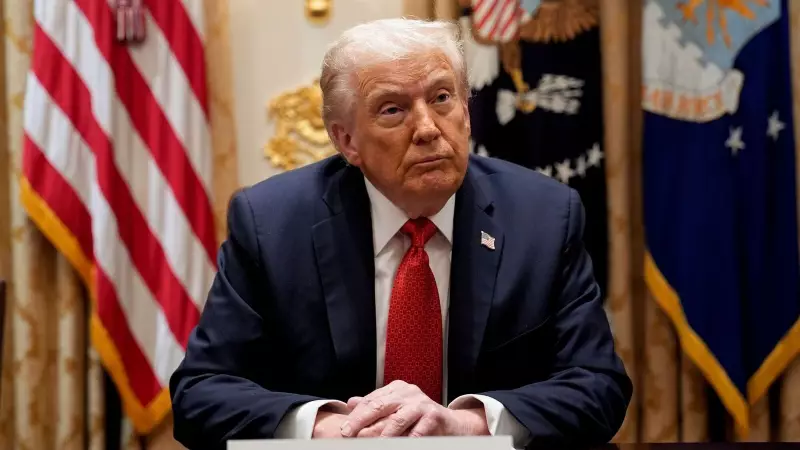
In a remarkable display of internal dissent, prominent Republican senators are mounting opposition against former President Donald Trump's ambitious tariff proposals. This development signals growing concerns within the GOP about the potential economic consequences of widespread import taxes.
The Republican Resistance Movement
A coalition of Republican lawmakers has taken a firm stance against Trump's tariff agenda, introducing a formal resolution that challenges the implementation of broad-based tariffs across global trading partners. This move represents one of the most significant intra-party confrontations since Trump announced his intention to run for president again.
Economic Concerns Drive Political Action
The senators leading this charge have expressed deep concerns about how comprehensive tariffs could impact American consumers and businesses. They argue that such measures could trigger inflation, disrupt supply chains, and potentially spark retaliatory actions from trading partners worldwide.
Key Players in the GOP Rebellion
Several high-profile Republican senators have publicly endorsed the anti-tariff resolution, demonstrating that this isn't merely a fringe movement but represents substantial sentiment within the party establishment. Their collective action underscores the tension between traditional Republican free-trade principles and Trump's protectionist approach.
Potential Impact on 2024 Elections
This internal conflict comes at a critical juncture as the Republican party prepares for the upcoming presidential election. The tariff debate highlights broader questions about the party's direction on economic policy and its willingness to challenge Trump's dominance on key issues.
Global Trade Implications
The senators' resolution specifically addresses concerns about how Trump's proposed tariffs could affect America's relationships with key allies and trading partners. They warn that unilateral tariff actions could undermine decades of carefully constructed trade agreements and diplomatic relationships.
As the 2024 election cycle intensifies, this Republican resistance to Trump's tariff plans reveals deepening fractures within the party and sets the stage for continued debate about America's role in the global economy.





